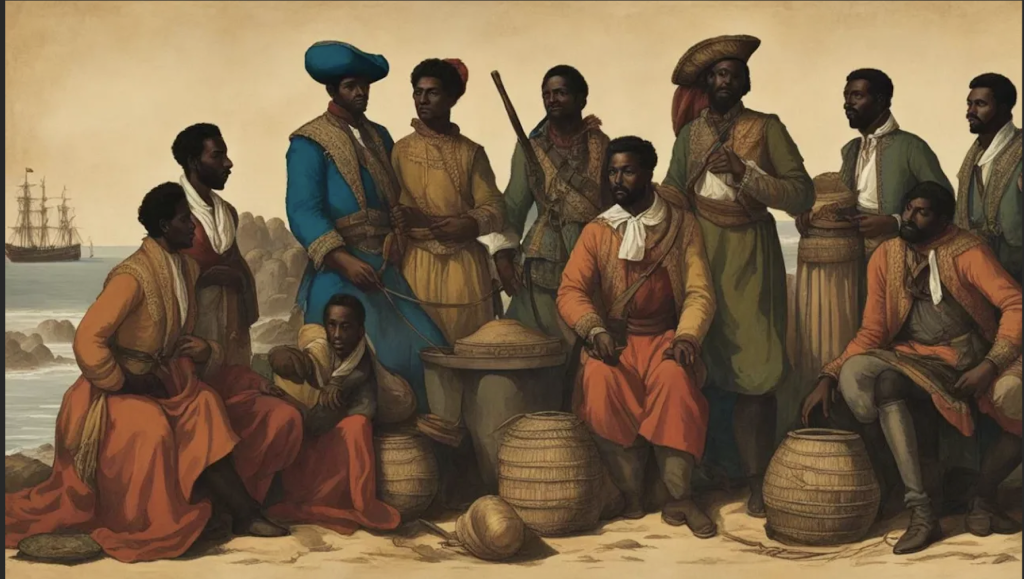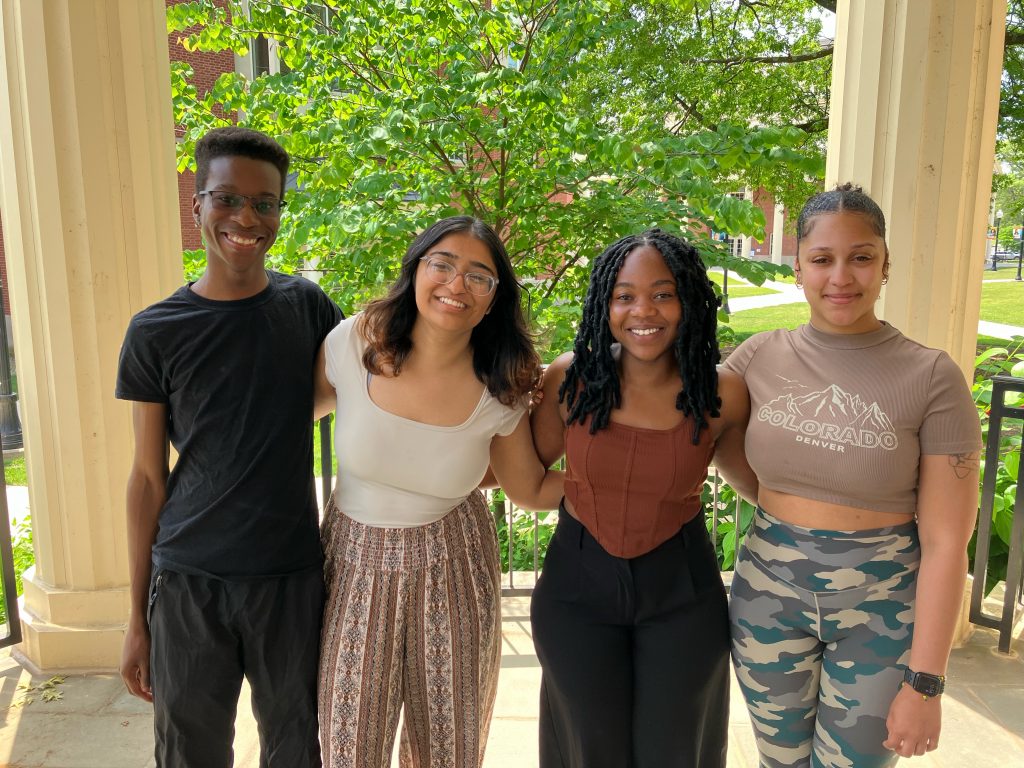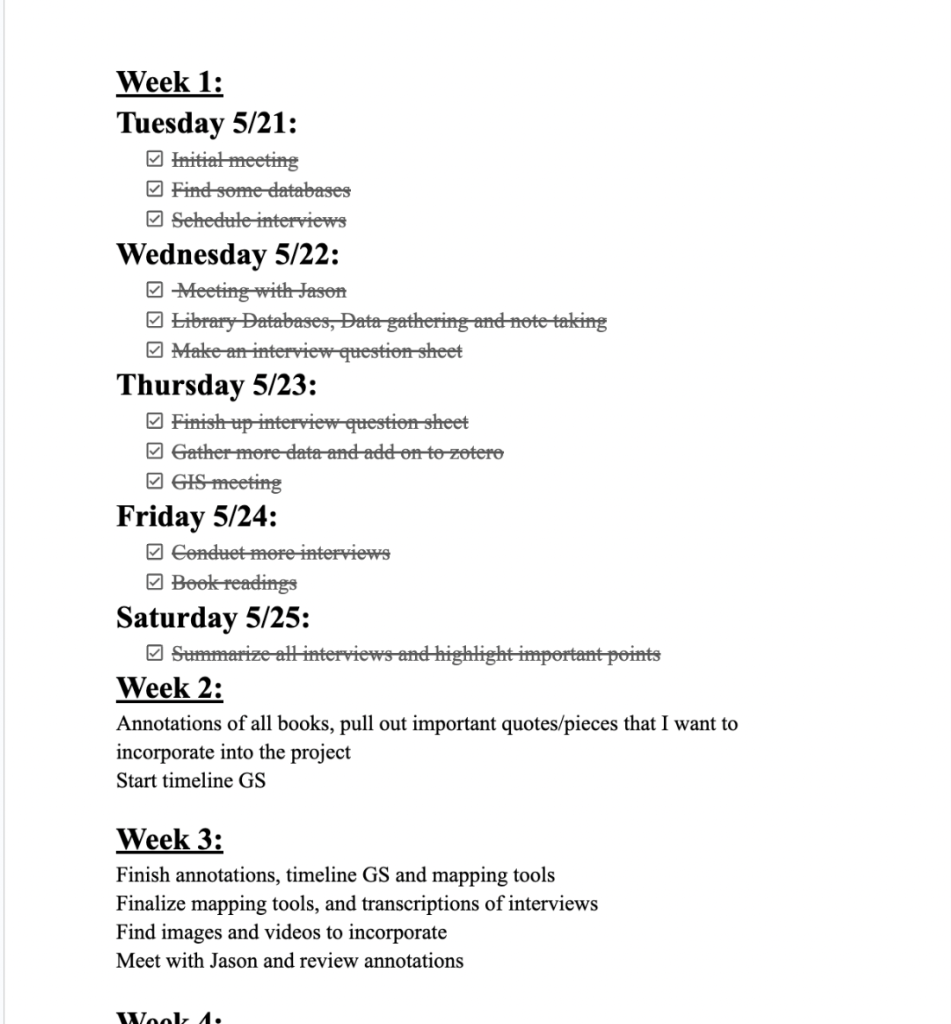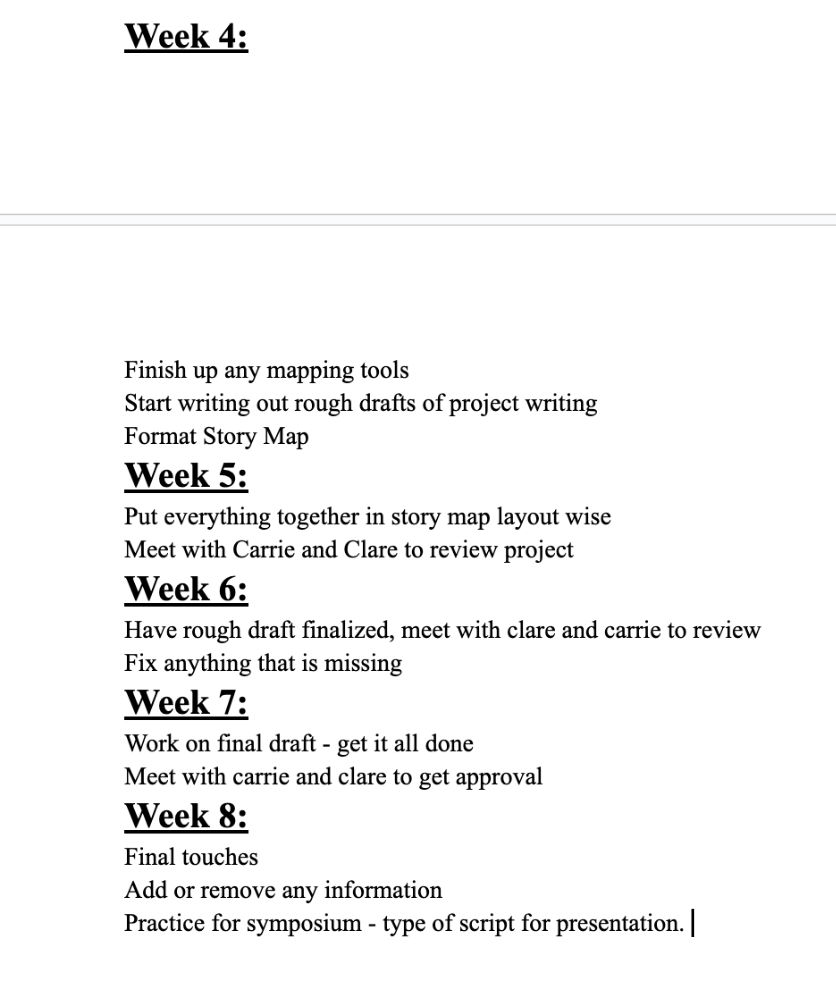Write about 2-3 of the tools or methods you will be using in your project, and why you chose those. How can they help you answer your research question(s)? This description will help you write the methods section of your project site.
Zotero
Zotero has been extremely helpful in helping me keep all of my sources used throughout my literature searches. As I look though sources, I can add them to my library, which is organized through project, with just a click of a button! Zotero allows for annotations, note taking, bookmarks, and even creates a detailed bibliography with everything that is added. It is super convenient and saves plenty of time with organization by keeping everything in one place. I highly recommend Zotero for daily work, and most importantly for big research projects like this one.
ArcGIS
When I first seen what I could do with ArcGIS, I was fascinated. Through ArcGIS, you can digitize data in ways I have never seen. You are presented a live globe and are able to shift your focus on certain countries, counties, or states that is relevant to research, and you are able to import your own data! ArcGIS helps me perfectly, as I am able to accurately display my data on the demographics of Cape Verdeans throughout the country and the diaspora and make comparisons! As of now, I was able to display ship routes from Cape Verde to New England in the early 19th century. ArcGIS is also amazing as we are able to interact with these maps and fully understand them.
Timeline JS
Upon discovering Timeline JS, I felt the same as I did with ArcGIS. I am once again able to create a timeline of the history of Cape Verde and interact with the timeline. I am able to add this to my StoryMap, and align it with the other tools I have incorporated.
Overall, all of these tools have been great and made my project easier, and more interesting to do. I believe it is important to present your audience with interactive projects as it gains more audience attention and pleasure. None of this would have been possible without these tools.




